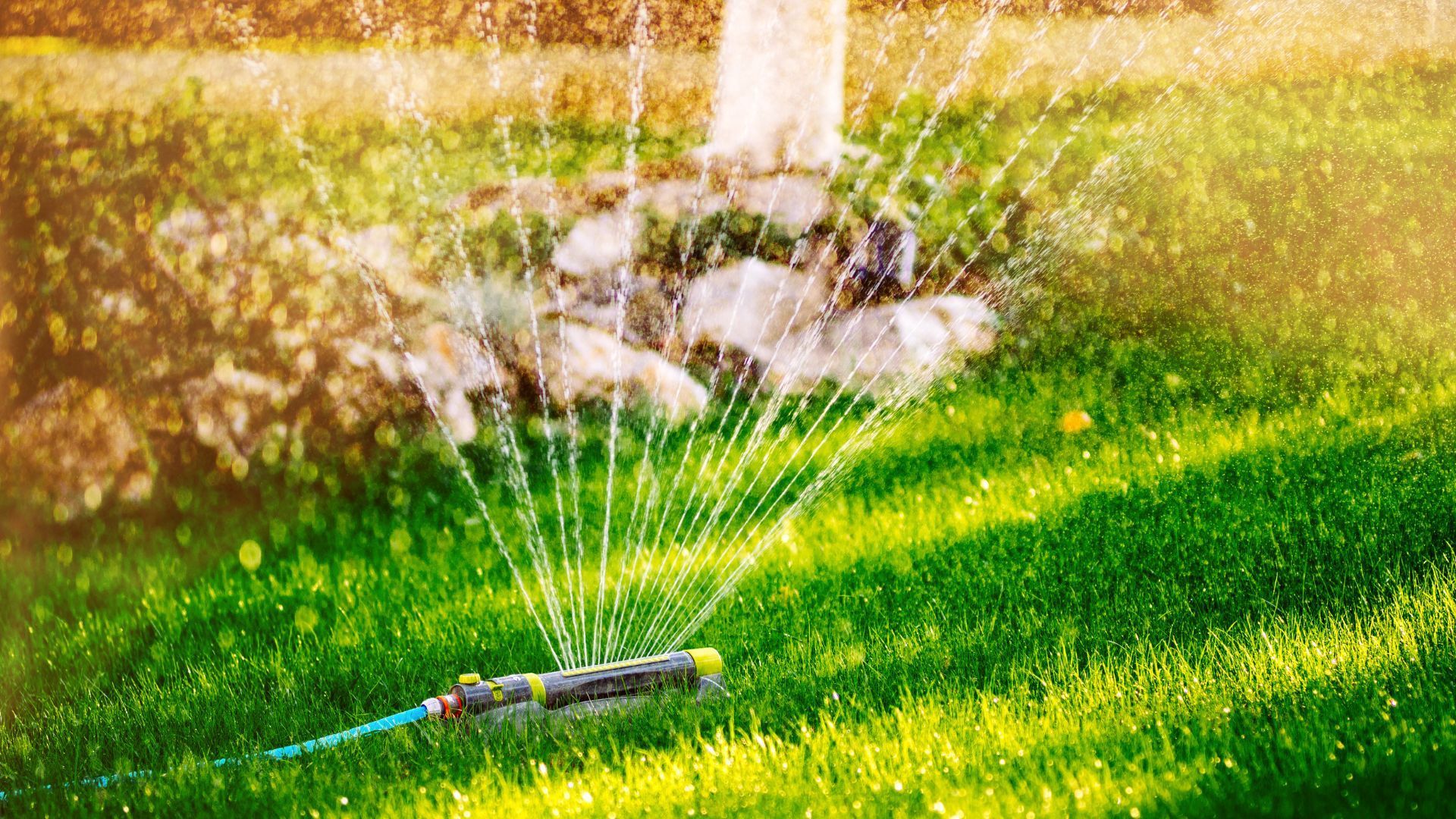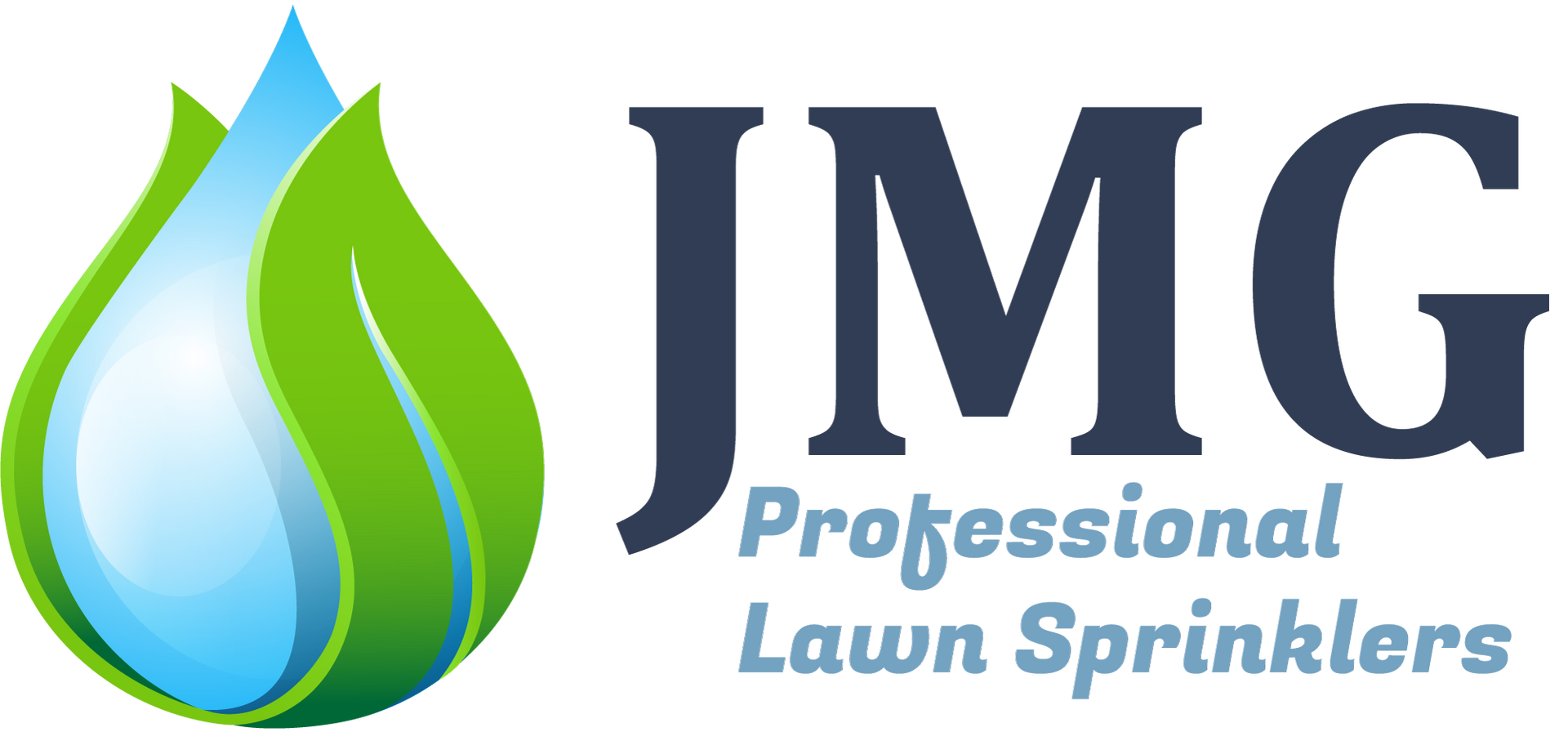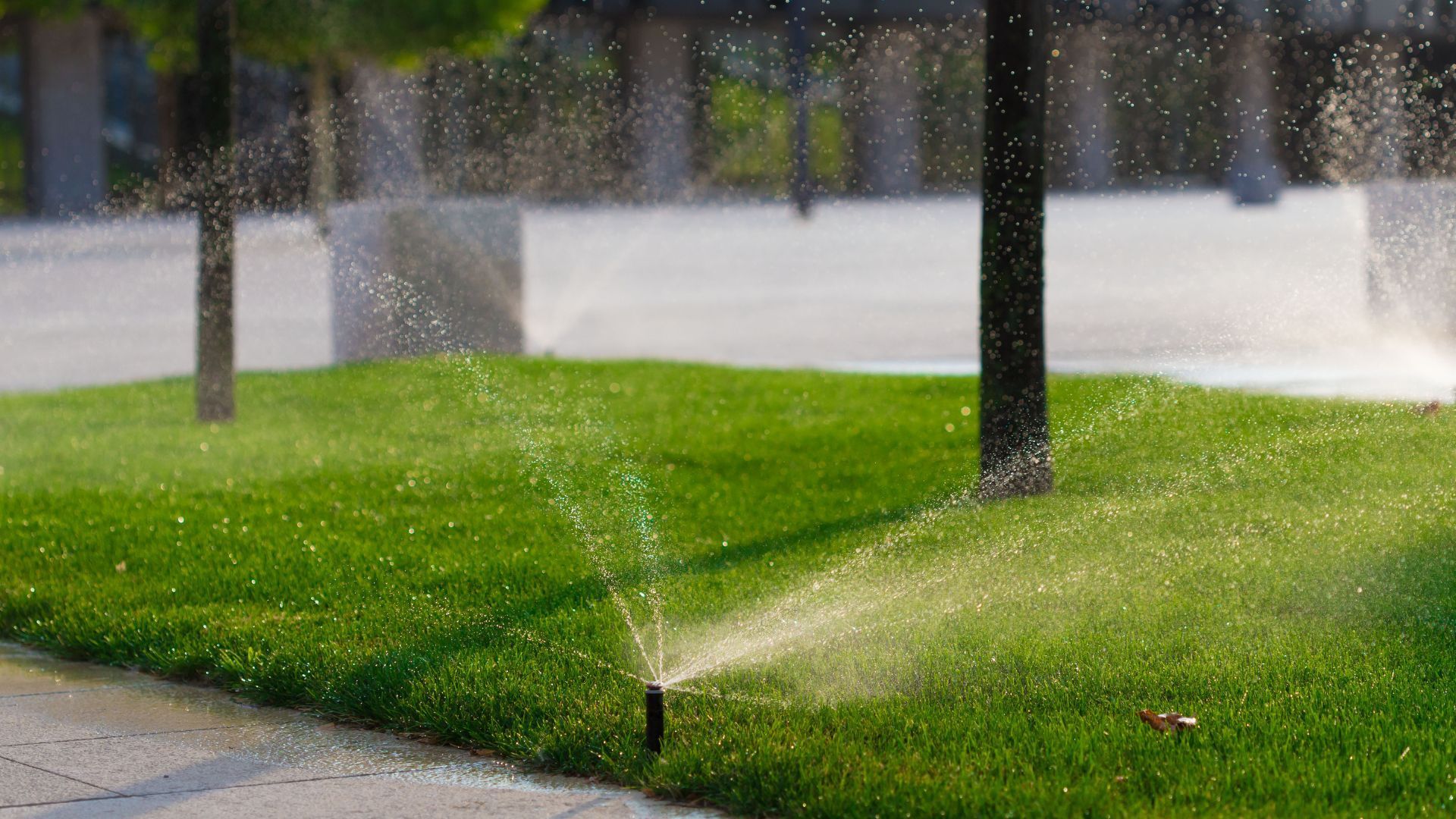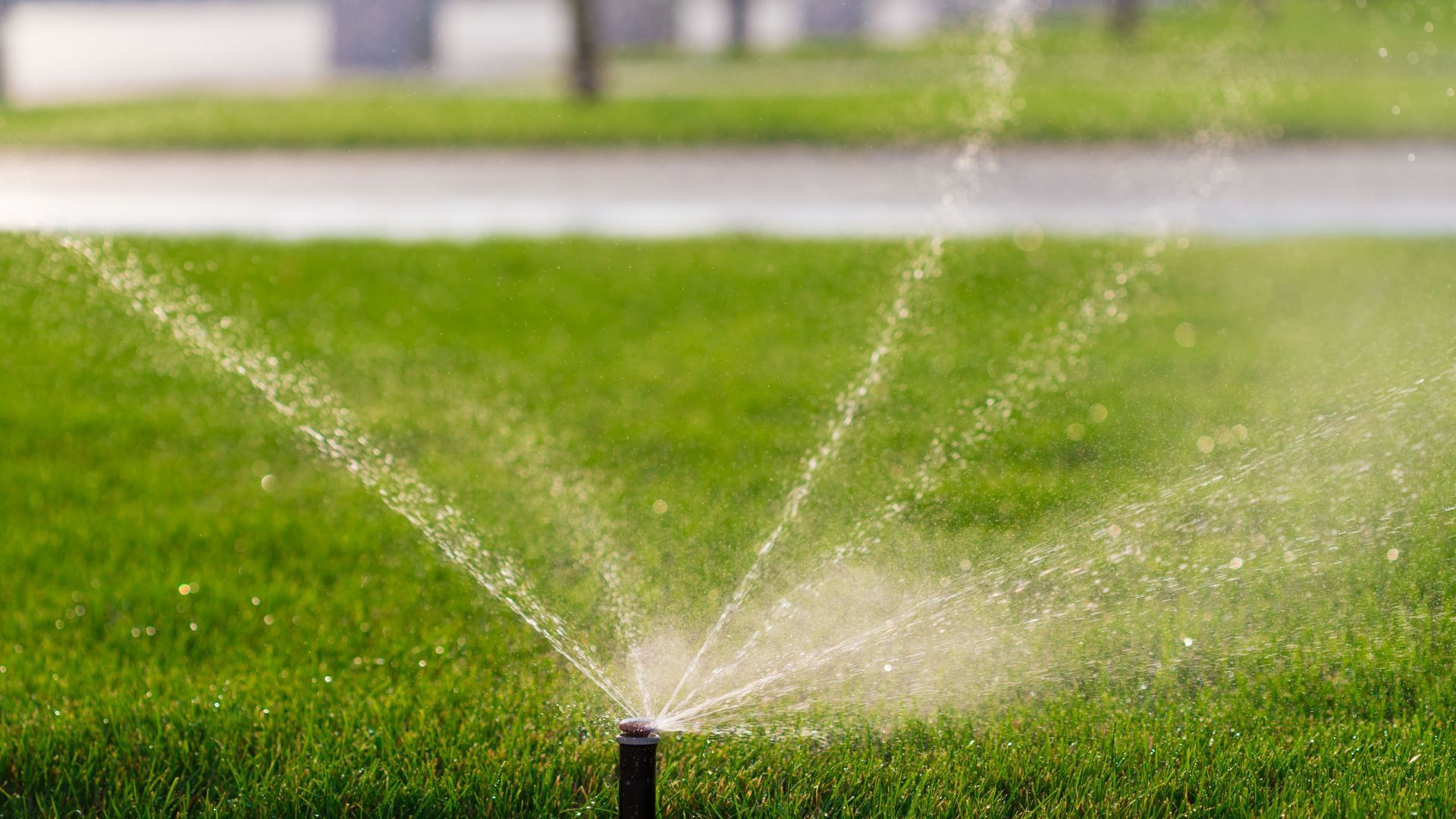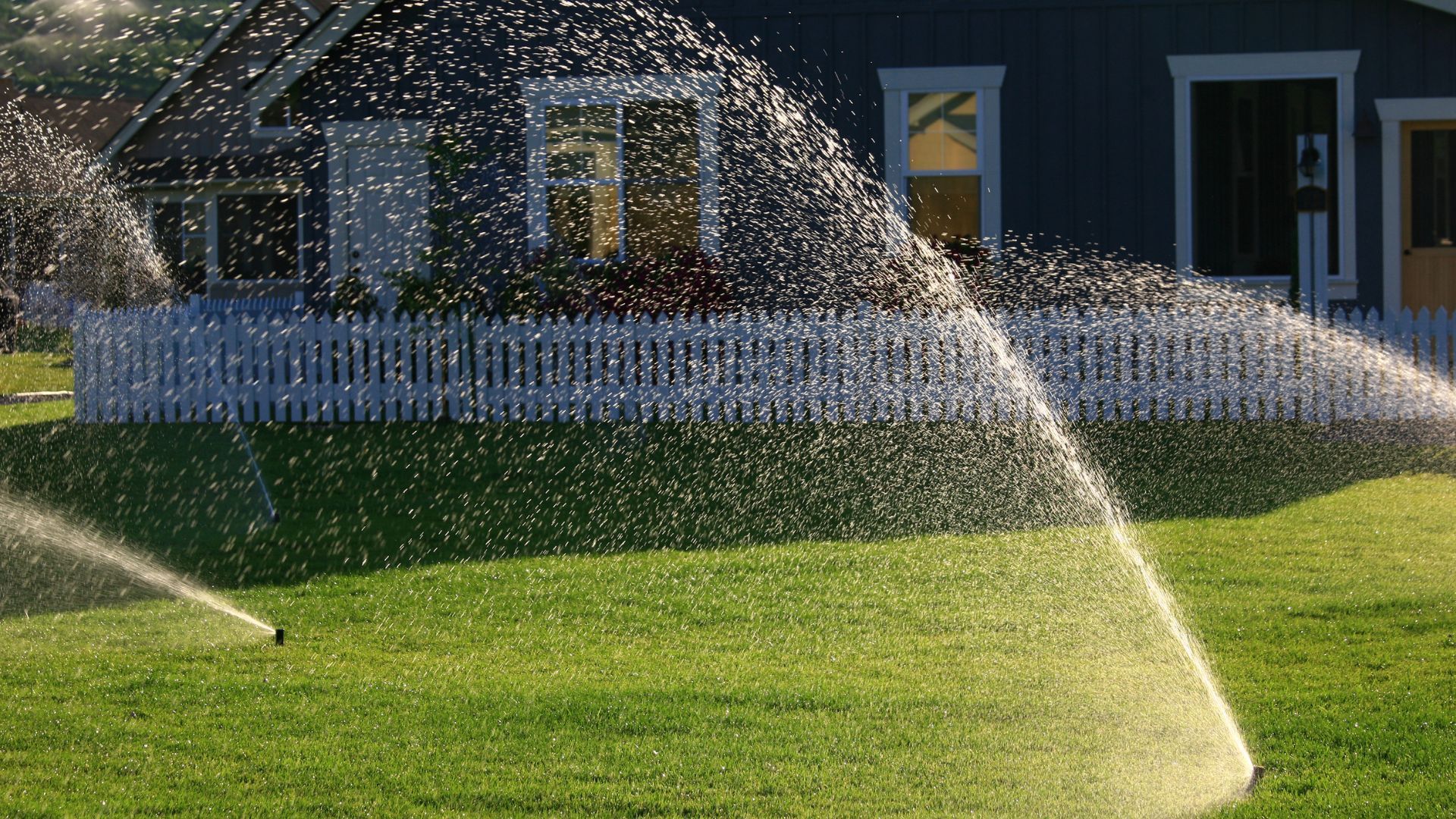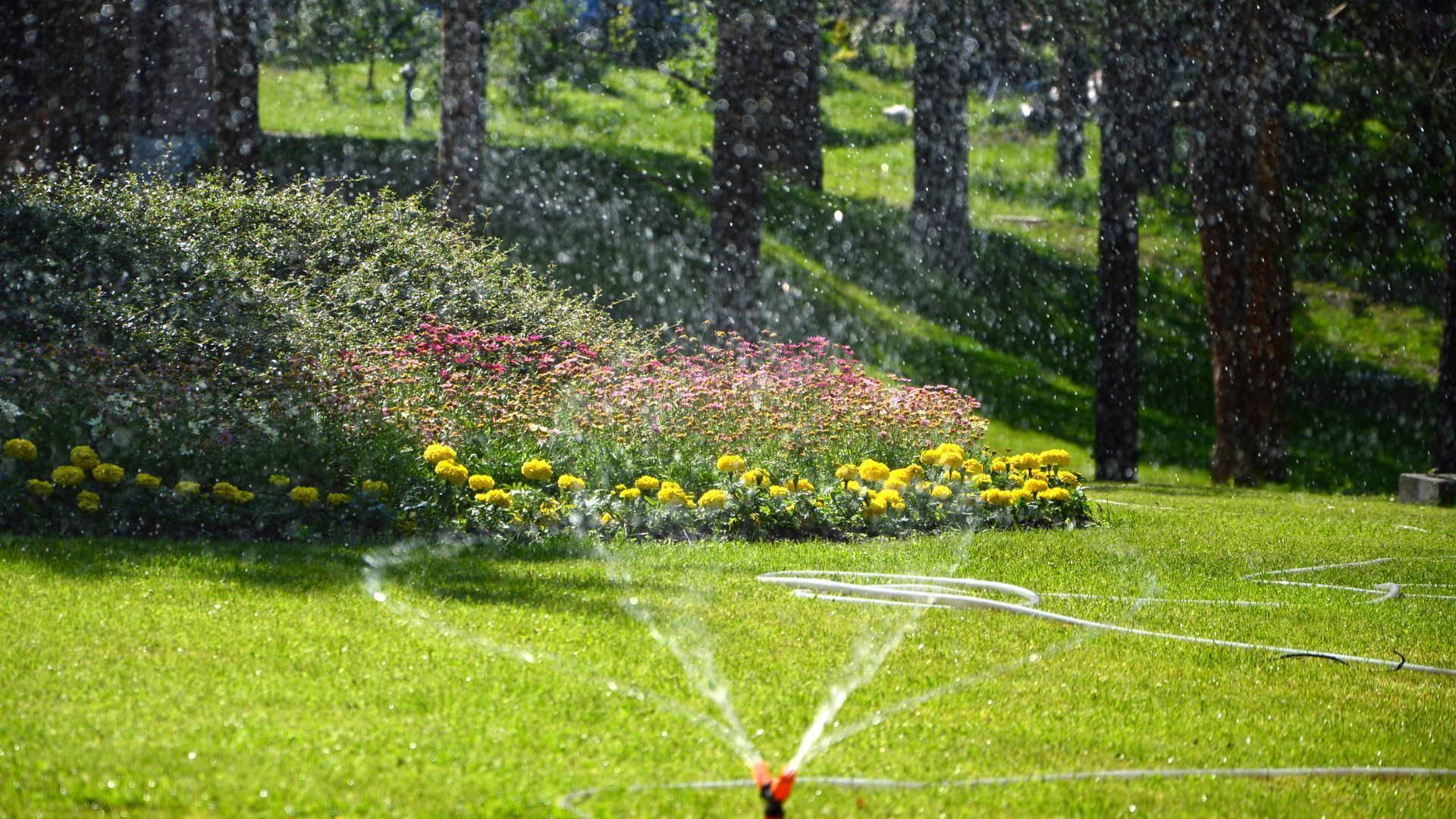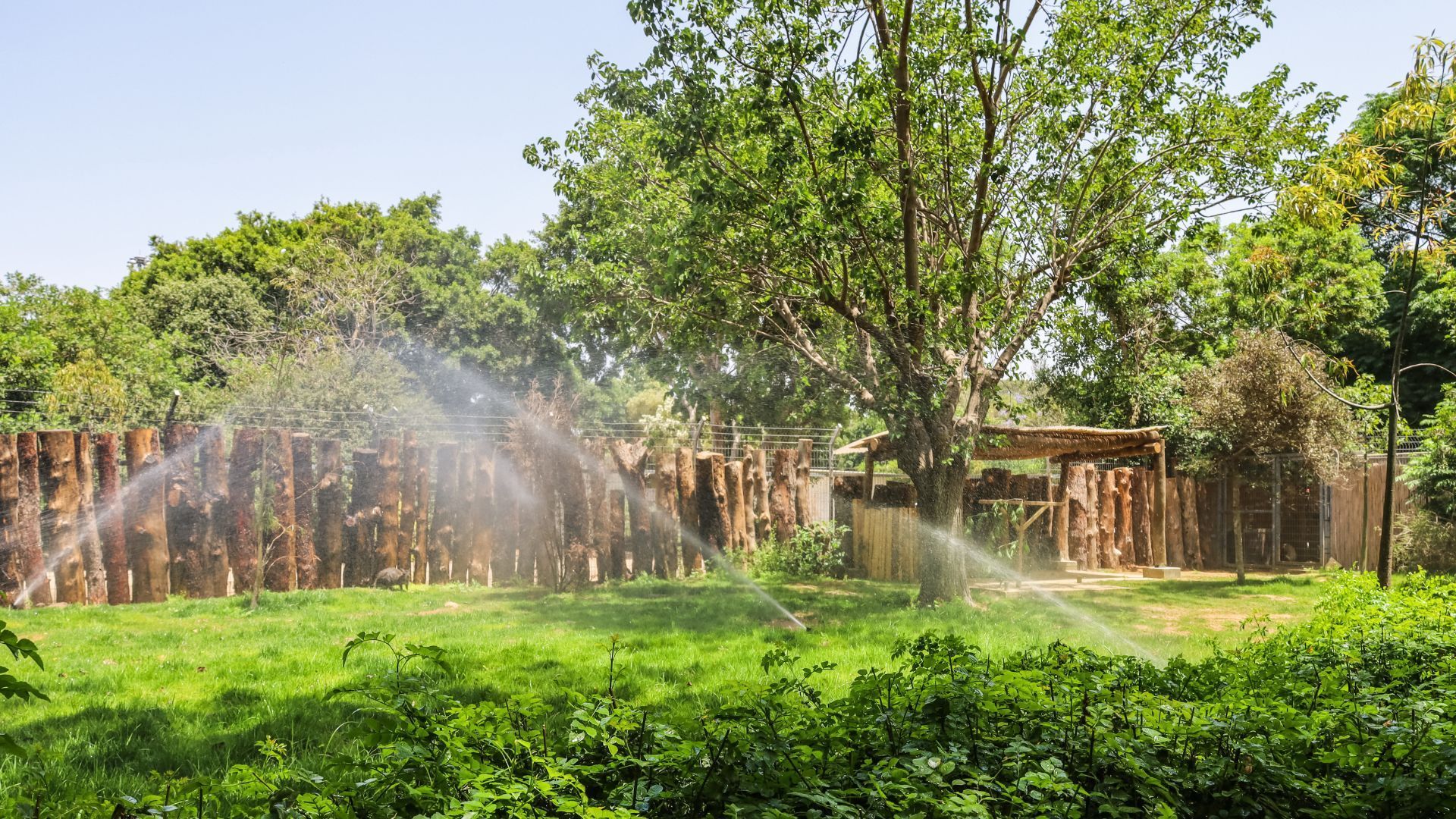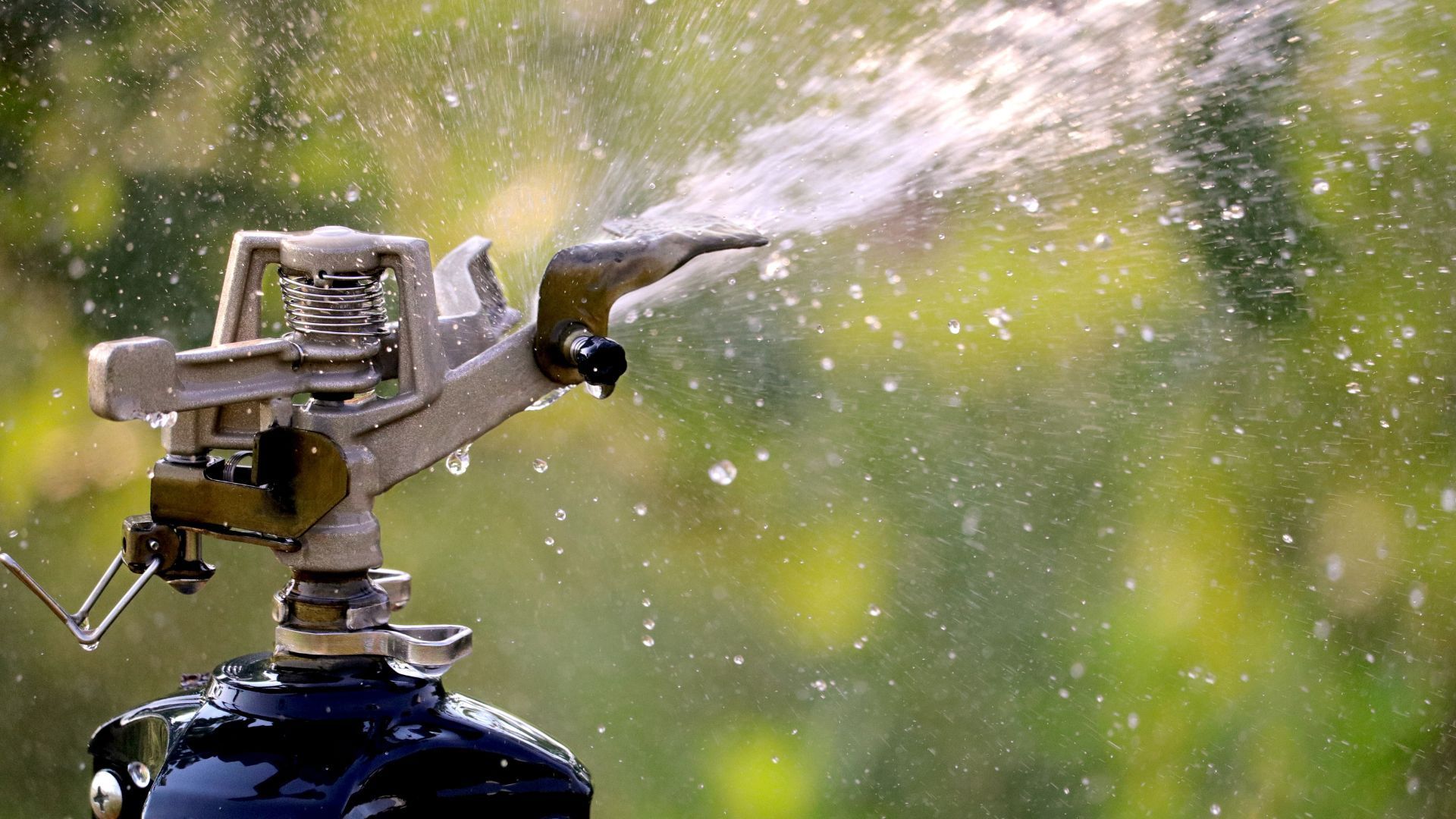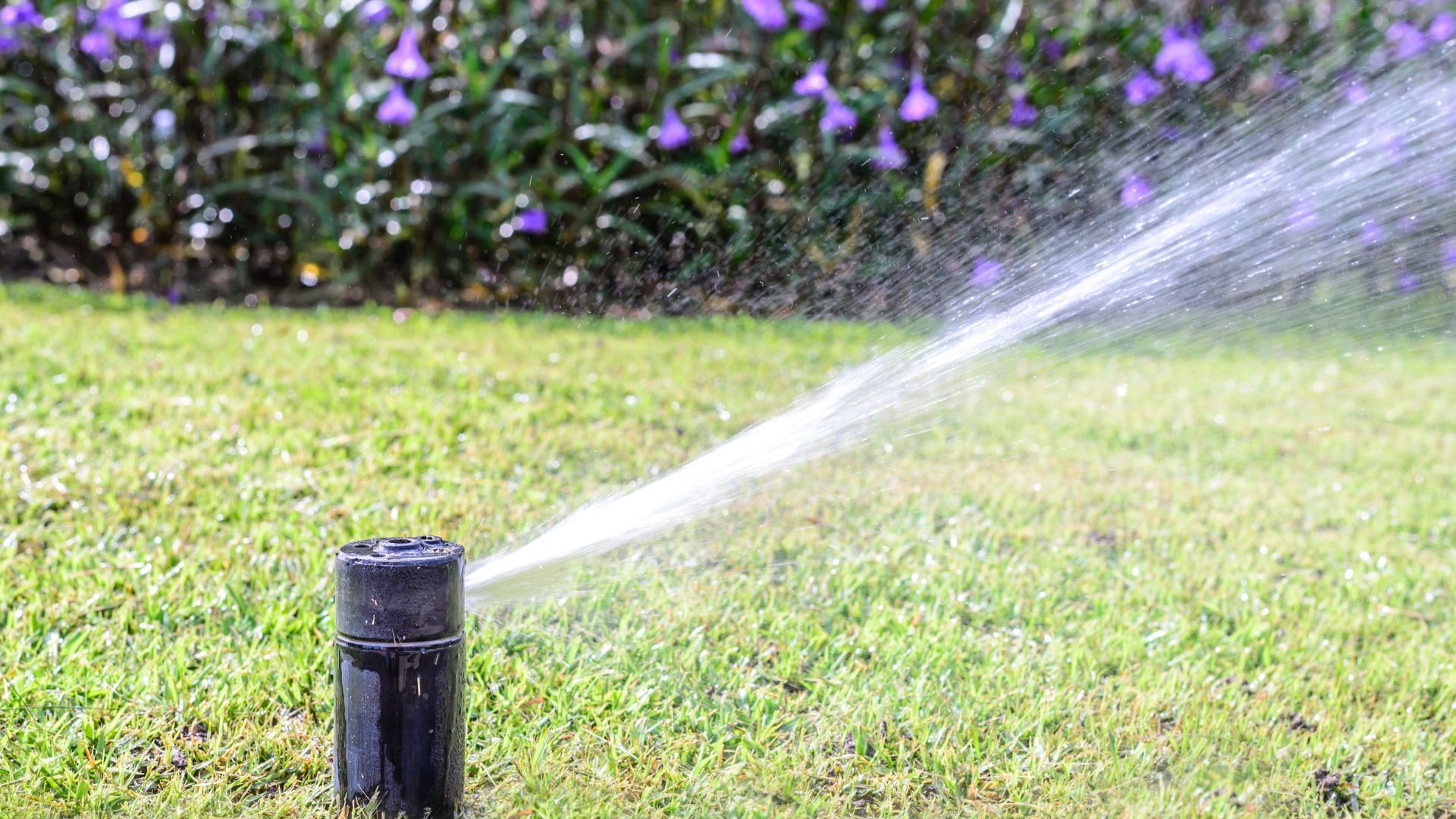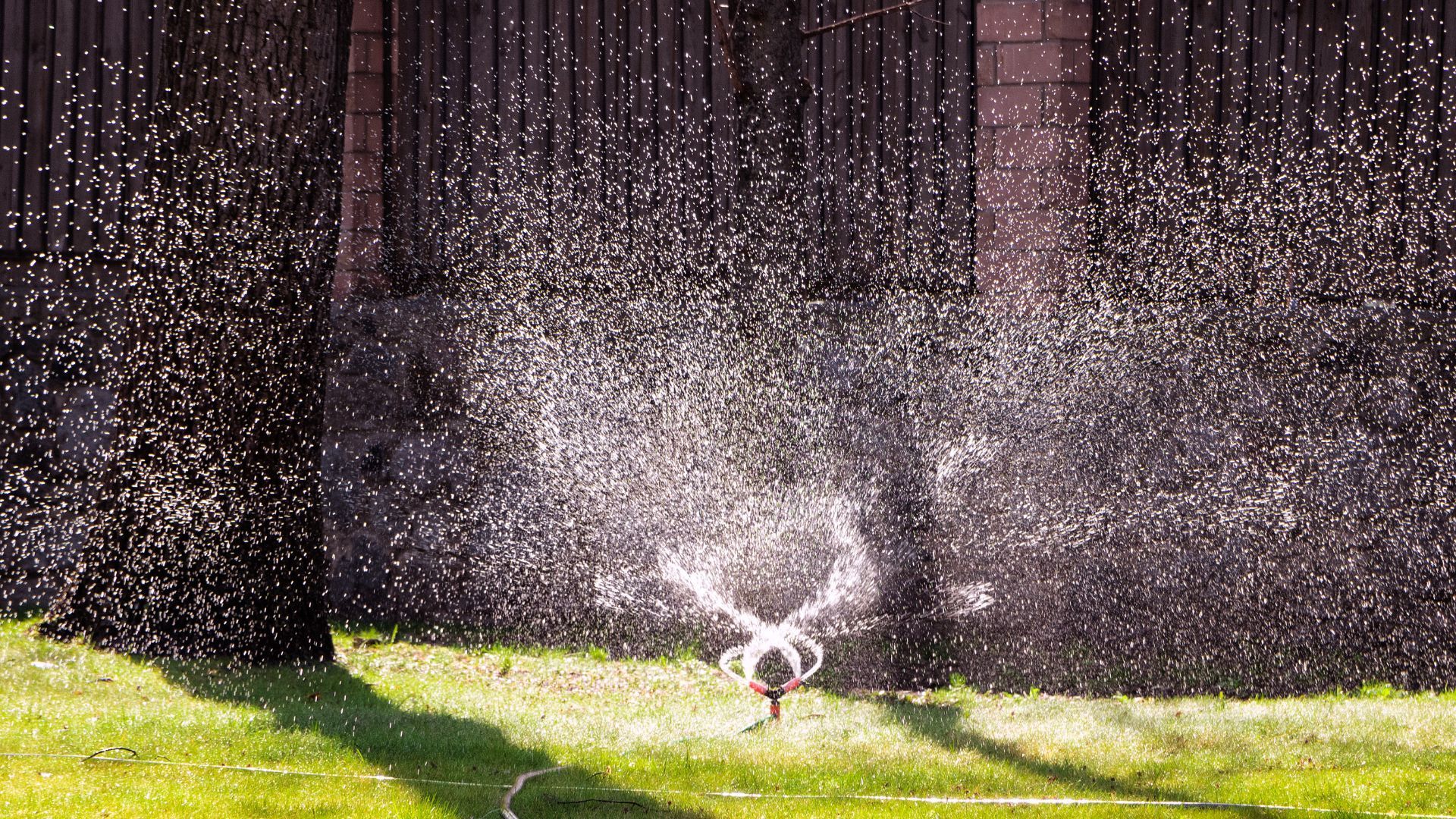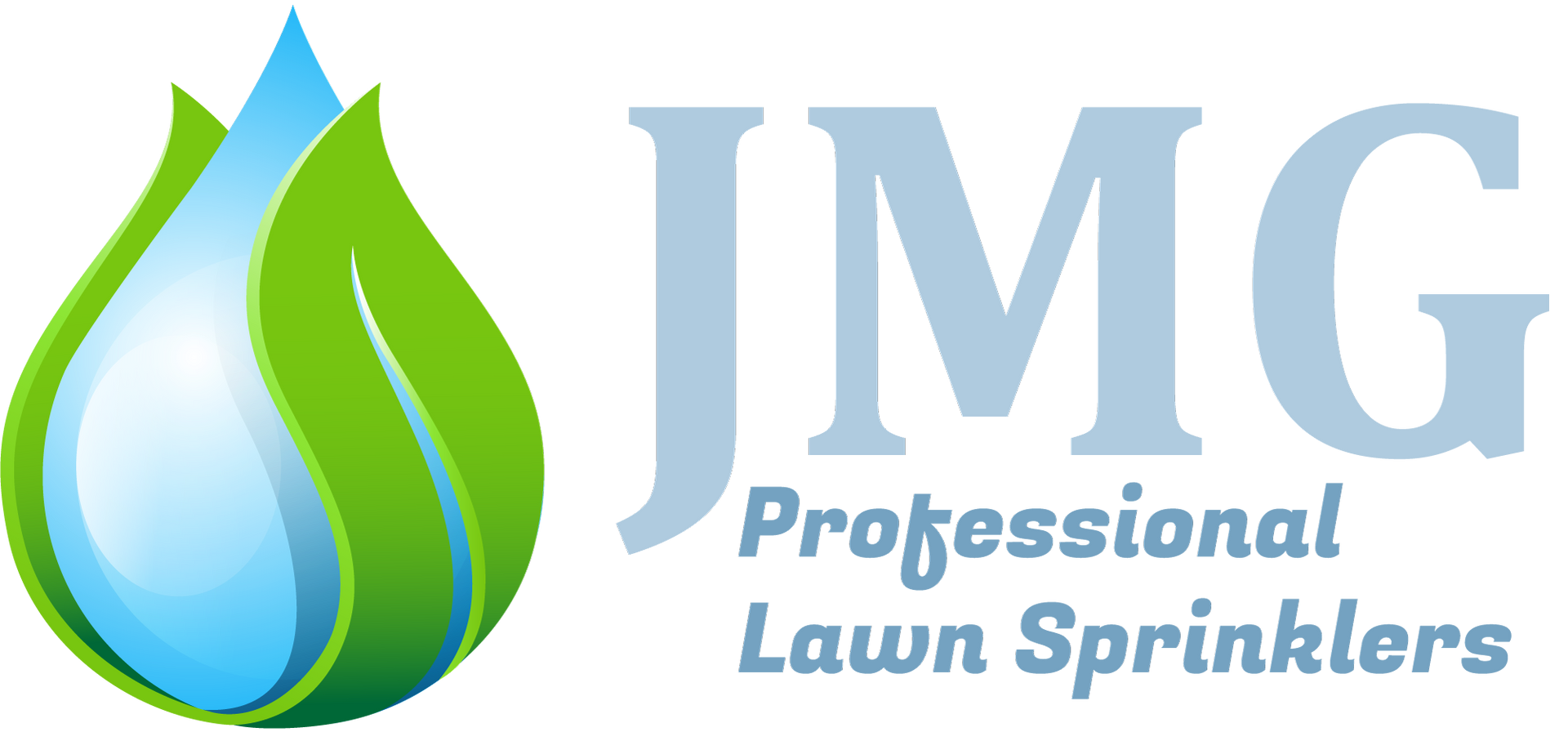Why Sprinkler Systems Transform Rhode Island Landscapes: Key Advantages and User Benefits
Maintaining a lush, vibrant yard in Rhode Island’s variable climate can feel like an uphill battle, but advanced sprinkler systems deliver precise irrigation that revitalizes turf, conserves water, and enhances curb appeal. In this guide, you’ll discover how automated irrigation promotes greener lawns, saves time and money, and boosts property value. We’ll explore the best system types for homes and businesses, outline the installation and maintenance process, highlight water-conservation strategies, and explain why JMG Sprinklers stands out as Rhode Island’s trusted partner. By the end, you’ll understand every advantage of sprinkler system installation, maintenance, and repair—transforming your landscape into a healthy, sustainable oasis.
What Are the Main Benefits of Sprinkler Systems for Rhode Island Lawns?
Automated sprinkler systems deliver consistent, measured water distribution to Rhode Island lawns, fostering thicker turf, deeper roots, and reduced disease risk while cutting manual watering time. Key advantages include:
- Healthier, Greener Growth - Even moisture encourages vigorous, uniform grass that resists drought and foot traffic.
- Time and Effort Savings - Programmable controllers eliminate daily hose duty and scheduling headaches.
- Water Conservation & Cost Reduction - Precision watering lowers consumption by up to 50%, trimming utility bills.
- Weed and Pest Control -Targeted irrigation discourages weed germination and pest habitats in dry patches.
- Enhanced Property Value - Professional irrigation boosts curb appeal and can raise home value by up to 15%.
Property Value Enhancement through Landscaping
Research indicates that well-maintained landscapes, including those with automated irrigation systems, can increase property values. The enhanced curb appeal and reduced maintenance associated with these systems are attractive to potential buyers, contributing to a higher market value for the home.
Johnson, B., "The Impact of Landscaping on Home Value," Real Estate Appraisal Journal (2023)
This citation supports the article's assertion that sprinkler systems can boost property value.
Each benefit interlocks to create a resilient landscape, setting the stage for detailed exploration of how sprinklers deliver these advantages in Rhode Island’s unique setting.
How Do Sprinkler Systems Promote Healthier, Greener Lawns in Rhode Island?
Sprinkler systems improve lawn health by delivering uniform water coverage that encourages deep root development and prevents dry spots. By timing irrigation cycles to mimic natural rainfall patterns, these systems maintain optimal soil moisture levels, reducing stress on grass during hot, humid summers. For example, zoned watering schedules ensure that fescue and bluegrass varieties receive the right amount of water based on sun exposure and soil type. Consistent hydration also limits fungal outbreaks, resulting in a lush, even green carpet across your property.
How Can Automated Irrigation Save Time and Effort for Rhode Island Homeowners?
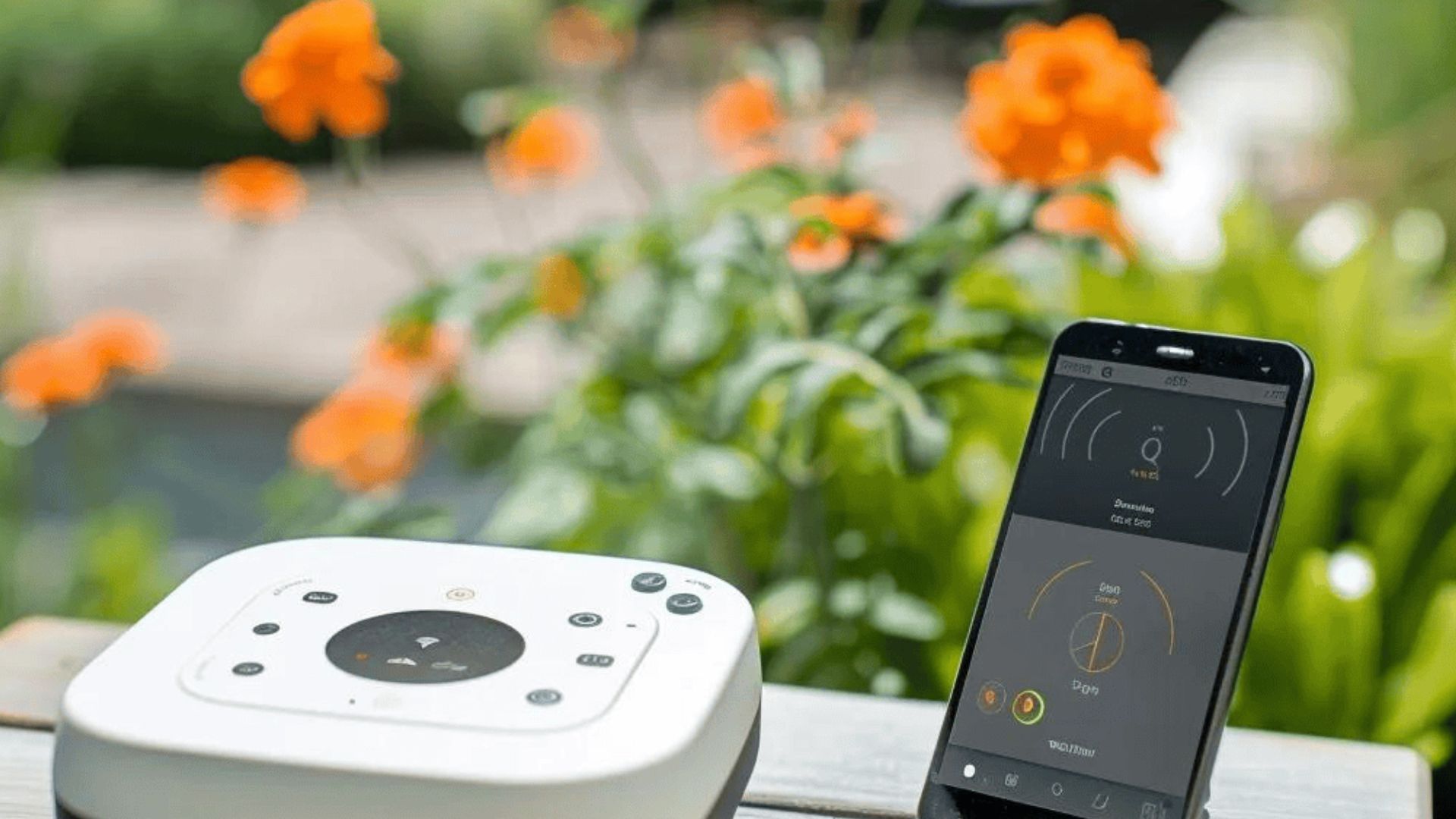
Automated irrigation eliminates manual hose adjustments and daily watering chores, freeing homeowners to focus on other priorities. Programmable controllers allow you to set start times, duration, and frequency for each zone, accommodating seasonal changes and rainfall. Mobile-app integration provides remote access to your schedule, so you can adjust settings from work or vacation. By automating repetitive tasks, sprinkler systems provide reliable lawn care without constant oversight, giving you back hours each week.
In What Ways Do Sprinkler Systems Reduce Water Bills and Conserve Water in Rhode Island?
Sprinkler systems incorporate sensors and pressure regulators to optimize each watering cycle, reducing excess runoff and evaporation. Smart controllers adjust schedules based on real-time weather data, ensuring lawns receive only the water they need. Automated shut-off features prevent overwatering during rain events, aligning with Rhode Island Water Resources Board guidelines of one inch per week. Homeowners typically see a 30–50% reduction in water usage, translating to significant cost savings and environmental benefits.
Water Conservation with Sprinkler Systems
Studies show that smart irrigation systems, which include features like rain sensors and weather-based controllers, can significantly reduce water consumption. These systems adjust watering schedules based on real-time weather data, preventing overwatering and promoting efficient water use, which can lead to substantial cost savings for homeowners.
Smith, A., "Smart Irrigation Systems for Residential Landscapes," Journal of Environmental Management (2022)
This research supports the article's claims about the water-saving benefits of sprinkler systems.
How Do Sprinkler Systems Help Control Weeds and Pests in Rhode Island Landscapes?
By maintaining consistent moisture levels, sprinkler systems discourage weed seeds from germinating in dry soil patches, reducing reliance on herbicides. Even watering discourages pest habitats by eliminating puddles and standing water where mosquitoes and fungus gnats breed. Drip lines around flower beds deliver water directly to roots, keeping foliage dry and less prone to fungal diseases. This targeted approach promotes plant health while minimizing chemical interventions.
How Does Installing a Sprinkler System Boost Property Value and Curb Appeal in Rhode Island?
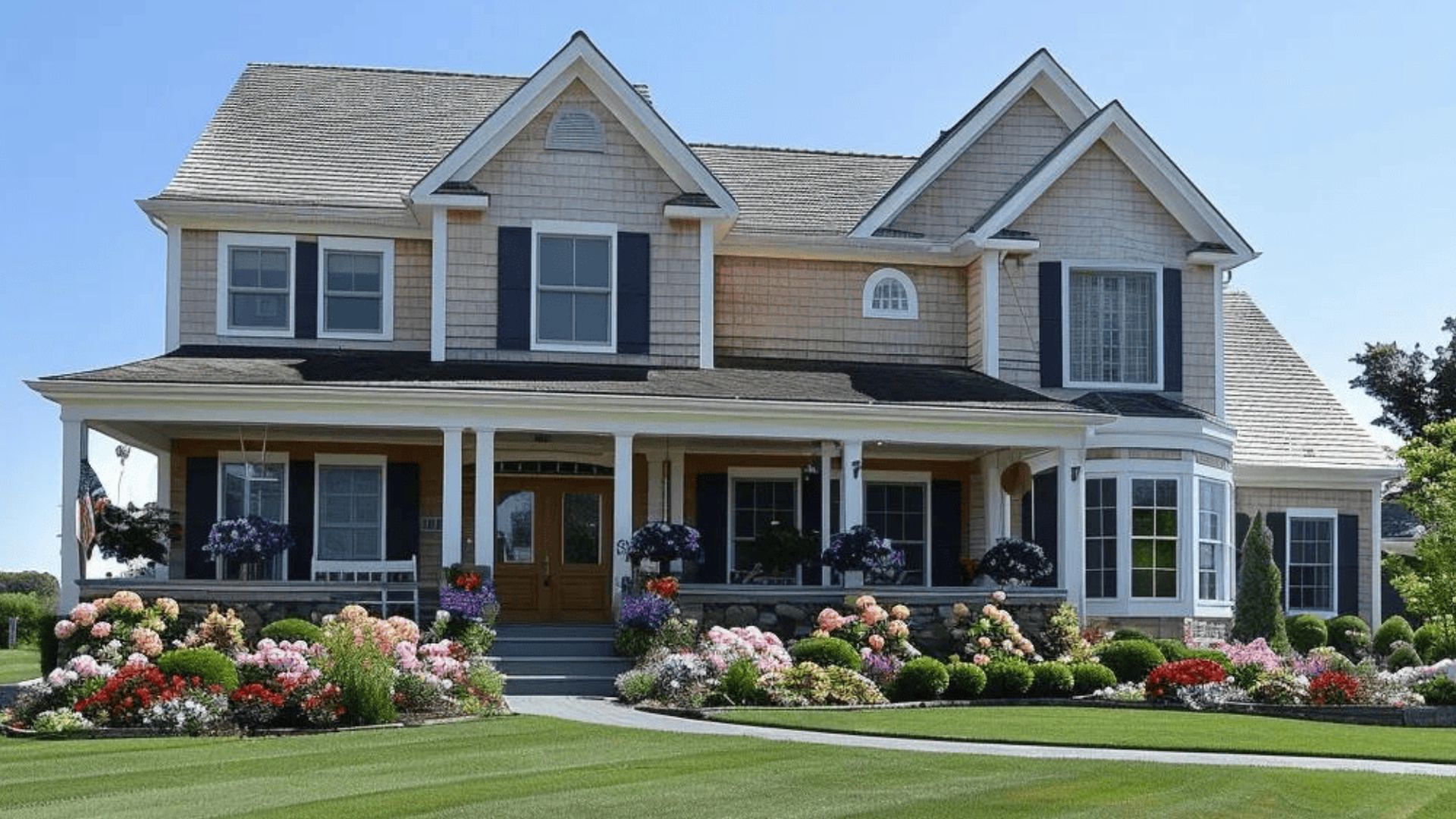
A professionally installed sprinkler system enhances visual appeal through uniformly green turf and manicured planting beds, attracting prospective buyers and appraisers. Statistics show that homes with automated irrigation systems command up to 15% higher sale prices due to reduced maintenance concerns and enhanced landscaping. A turnkey solution—including design, installation, and warranty—signals quality and reliability, setting your property apart in Rhode Island’s competitive real-estate market.
What Types of Sprinkler Systems Are Best Suited for Rhode Island Homes and Businesses?
Choosing the right irrigation system depends on landscape size, zoning needs, and water-use goals. The table below compares common options in Rhode Island settings:
| System Type | Coverage Attribute | Typical Application |
|---|---|---|
| Pop-Up Spray Heads | Medium-to-large lawn zones | Residential turf areas needing quick coverage |
| Gear-Driven Rotors | Long-reach, large properties | Estates, parks, and commercial lawns |
| Drip Irrigation | Precise root-zone watering | Gardens, flower beds, shrub rows |
| Low-Flow Micro-Sprays | Water-sensitive areas | New plantings, slopes |
| Smart Controller Suites | Automated weather adjustment | All systems with integrated sensors |
This comparison clarifies which irrigation strategy maximizes efficiency and aesthetics for properties across Rhode Island’s varied landscapes.
What Are the Features of Residential Sprinkler Systems in Rhode Island?
Residential sprinkler systems typically include multiple zones, pop-up heads, and programmable timers. Key features:
- Zoning for sun-and-shade areas
- Pressure regulation to prevent misting
- Rain-sensor integration to suspend cycles during rainfall
- Seasonal programming for spring start-up and winterization
These elements ensure tailored hydration for home lawns, gardens, and foundation plantings in Rhode Island’s shifting climate.
Which Commercial Irrigation Solutions Work Best in Rhode Island’s Climate?
Commercial properties benefit from gear-driven rotors and large-scale drip networks that handle wide expanses and complex planting beds. Automated pump stations, moisture sensors, and high-flow controllers adapt irrigation to changing water demands. These systems minimize downtime, support heavy foot traffic areas, and comply with municipal water regulations, ensuring cost-effective maintenance for parks, campuses, and corporate landscapes.
How Do Smart Irrigation Controllers and Sensors Improve Efficiency in Rhode Island?
Smart controllers leverage local weather forecasts, soil-moisture probes, and evapotranspiration data to adjust watering schedules dynamically. By pausing irrigation during rain or high humidity, they prevent waste and promote healthier turf. Integration with smartphone apps grants real-time alerts and historical usage reports, helping homeowners and facility managers track performance and optimize water usage throughout Rhode Island’s humid summers and wet springs.
What Are the Benefits of Drip Irrigation and Low-Flow Systems for Rhode Island Gardens?
Drip irrigation and low-flow emitters deliver water directly to plant roots at rates as low as 0.5 gallons per hour, minimizing evaporation and runoff. These systems support sensitive ornamentals, vegetable beds, and hedgerows by maintaining consistent soil moisture without oversaturation. Reduced water consumption and targeted application curb weed growth and prevent overwatering, enhancing plant health in Rhode Island’s variable precipitation patterns.
How Do Pop-Up Emitters Enhance Lawn Coverage and Water Efficiency in Rhode Island?
Pop-up emitters rise only during irrigation cycles, delivering water in controlled spray patterns that match turf layout. Their retractable design prevents damage from mowers and foot traffic. Adjustable nozzles allow zone-specific customization, ensuring uniform coverage and eliminating dry spots or puddles. This combination of precision and durability makes pop-up heads an ideal solution for Rhode Island’s residential and light-commercial lawns.
How Is the Sprinkler System Installation Process Managed in Rhode Island?
Custom installation in Rhode Island involves site assessment, design, permit acquisition, trenching, component installation, and final testing. A transparent process ensures compliance with local regulations and optimal system performance from day one.
What Steps Are Involved in Custom Sprinkler System Design for Rhode Island Properties?
Design begins with a topographic survey to map grades, soil types, and sun exposure. CAD software generates zone layouts, head placement, and pipe routing. Design criteria include water-pressure calculations, backflow prevention, and seasonal adjustments to align with Rhode Island’s climate.
How Does Professional Sprinkler Installation Ensure Optimal Performance in Rhode Island?
Licensed technicians excavate trenches, lay PVC mains and lateral lines, install valves and controllers, and calibrate nozzles to achieve uniform head-to-head coverage. System pressure tests and leak inspections validate integrity, while controller programming tailors schedules to plant and turf requirements.
What Permits and Regulations Affect Sprinkler System Installation in Rhode Island?
Rhode Island municipalities often require backflow-prevention device permits and adherence to Water Resources Board guidelines. Local codes specify installer licensing, pipe depth, and irrigation setbacks from property lines and public rights-of-way.
What Post-Installation Support and Warranty Services Are Available in Rhode Island?
Post-installation care includes system audits, seasonal adjustments, and component replacements under warranty. Leading providers offer spring start-up, winterization, and 24/7 emergency repair services, ensuring uninterrupted performance and long-term reliability.
How Should Rhode Island Homeowners Maintain and Repair Their Sprinkler Systems?
Routine maintenance and timely repairs protect your investment and extend system lifespan. Seasonal services and preventative plans prevent malfunctions and water waste.
What Is Included in Seasonal Sprinkler System Start-Up Services in Rhode Island?
Spring start-up services involve controller reprogramming, valve inspections, filter cleaning, head adjustments, and system audits to ensure each zone operates at peak efficiency. This preparation prevents early-season failures and uneven watering.
How Is Sprinkler System Winterization Performed to Protect Rhode Island Lawns?
Winterization uses high-pressure blow-outs to purge water from pipes, valves, and heads, preventing freeze damage. Technicians cap lines, secure controllers, and insulate above-ground components, safeguarding your system through Rhode Island’s harsh winters.
What Are Common Sprinkler System Problems and How Are They Repaired in Rhode Island?
Typical issues include clogged nozzles, leaking valves, broken heads, and controller malfunctions. Technicians diagnose problems with pressure tests and flow meters, replacing damaged parts or recalibrating zones to restore proper coverage.
When Should You Use Emergency Sprinkler Repair Services in Rhode Island?
Emergency repairs are necessary when leaks cause flooding, valves fail during heat waves, or backflow devices malfunction. Rapid response minimizes landscape stress and prevents water damage to foundations and hardscapes.
How Do Preventive Maintenance Plans Extend Sprinkler System Lifespan in Rhode Island?
Preventative plans schedule bi-annual inspections, filter changes, and head alignment checks. Proactive adjustments reduce wear on valves and pipes, lower breakdown risk, and maintain optimal water efficiency year-round.
How Do Sprinkler Systems Support Water Conservation Efforts in Rhode Island?
Automated irrigation with smart technology aligns watering practices to local guidelines and real-time conditions, significantly reducing waste and preserving valuable water resources.
What Guidelines Does the Rhode Island Water Resources Board Provide for Lawn Watering?
The Water Resources Board recommends no more than one inch of supplemental water per week, applied in early morning cycles to minimize evaporation. Adherence to these standards protects local aquifers and supports statewide conservation goals.
Rhode Island Water Resources Board Guidelines
The Rhode Island Water Resources Board provides guidelines for water usage, recommending specific practices to conserve water. These guidelines are crucial for homeowners to understand and implement to ensure responsible water management and environmental sustainability.
Rhode Island Water Resources Board, "Water Conservation Best Practices" (2024)
This citation supports the article's reference to the Rhode Island Water Resources Board guidelines.
How Do Rain Sensors and Weather-Based Controllers Optimize Water Use in Rhode Island?
Rain sensors halt irrigation during precipitation, while weather-based controllers adjust schedules based on forecast data and soil-moisture readings. This intelligent automation prevents unnecessary cycles and maintains healthy landscapes without manual intervention.
What Are Efficient Watering Practices for Rhode Island’s Climate and Soil?
Efficient practices include watering deeply but infrequently, grouping zones by plant type, and avoiding midday irrigation. Calibration of head trajectories and run times ensures every turf and garden area receives the right amount of moisture without oversaturation.
How Do Automated Irrigation Systems Reduce Water Waste in Rhode Island Landscapes?
By integrating soil-moisture sensors and real-time weather data, automated systems prevent overwatering, eliminate runoff, and reduce evaporation. Fine-tuned schedules apply water only when necessary, conserving resources and protecting Rhode Island’s waterways.
Why Choose JMG Sprinklers for Transforming Your Rhode Island Landscape?
JMG Sprinklers combines over 37 years of local expertise with licensed technicians and top-tier brands to deliver reliable, customized irrigation solutions across Rhode Island.
How Does JMG Sprinklers’ Experience Benefit Rhode Island Homeowners and Businesses?
Decades of service have refined JMG’s understanding of Rhode Island’s soil variations, seasonal demands, and regulatory landscape. This deep local knowledge ensures designs that thrive in Warwick, Providence, and beyond.
What Comprehensive Services Does JMG Offer for Sprinkler Installation, Maintenance, and Repair?
JMG provides turnkey irrigation design, spring start-up, winterization, routine maintenance, and 24/7 emergency repairs. Their full-service approach covers residential lawns, commercial campuses, and specialized landscapes.
How Does JMG Sprinklers Address Rhode Island’s Unique Climate and Soil Challenges?
By conducting soil-percolation tests and leveraging smart controllers, JMG designs systems that adapt to sandy coastal soils, clay-rich inland grounds, and humid summer conditions—maximizing water retention and plant health.
What Customer Satisfaction Guarantees and Emergency Services Does JMG Provide in Rhode Island?
JMG stands behind its work with satisfaction guarantees, prompt emergency response, and transparent warranties on all installations. Licensed technicians are available around the clock to resolve urgent issues and keep landscapes flourishing.
What Are the Most Common Questions About Sprinkler Systems in Rhode Island?
Homeowners often wonder about water needs, timing, and cost savings when considering automated irrigation.
How Much Water Does a Rhode Island Lawn Need Weekly with a Sprinkler System?
A Rhode Island lawn typically requires about one inch of water per week, factoring in rainfall. Automated systems measure precipitation inputs and adjust supplemental watering to maintain soil moisture without overwatering.
When Is the Best Time to Water Lawns in Rhode Island Using Sprinklers?
Early morning—between 4 AM and 8 AM—is optimal for sprinkler operation, as cooler temperatures reduce evaporation and fungal risk, ensuring water penetrates to the root zone.
What Are the Benefits of Automatic Irrigation Systems for Rhode Island Properties?
Automatic irrigation systems deliver precise, consistent watering, reduce labor, prevent common lawn stress, and integrate smart controls for water-use efficiency and cost savings in Rhode Island’s variable climate.
How Do Sprinkler Systems Help Save Money on Water Bills in Rhode Island?
By using flow sensors, weather-based scheduling, and pressure regulation, sprinkler systems minimize wasted cycles and runoff, cutting water consumption by up to half and lowering utility expenses significantly.
How Can I Maintain My Sprinkler System to Avoid Common Problems in Rhode Island?
Regular seasonal start-ups, winterization, head alignment checks, and filter cleanings prevent leaks, clogs, and freeze damage, ensuring reliable performance through Rhode Island’s seasonal extremes.
Automated sprinkler systems transform Rhode Island landscapes by delivering water precisely when and where plants need it, reducing waste, saving time, and enhancing curb appeal. Whether you need a custom residential design, large-scale commercial solution, or proactive maintenance plan, JMG Sprinklers has the expertise and technology to achieve optimal performance. Contact JMG Sprinklers today to schedule an assessment and turn your yard into a vibrant, sustainable showcase of New England beauty.
